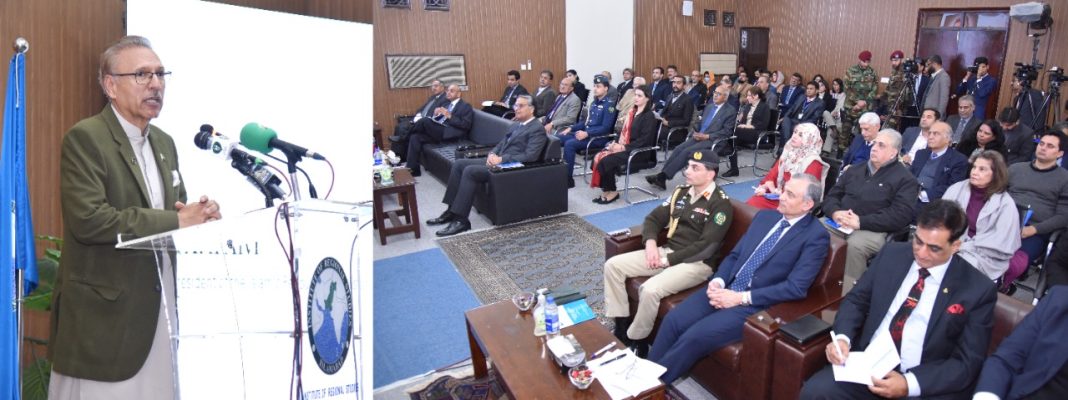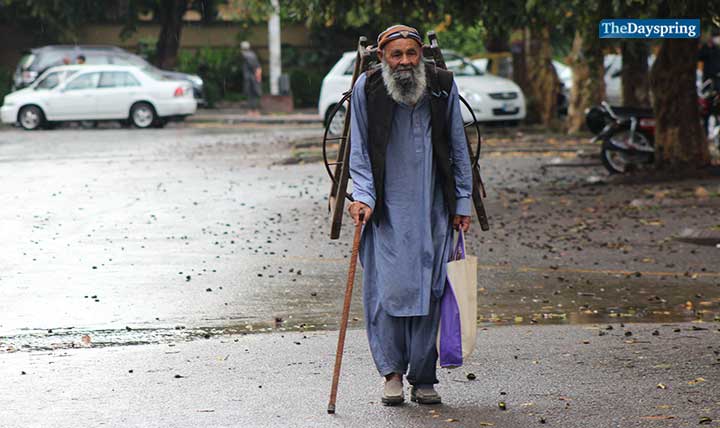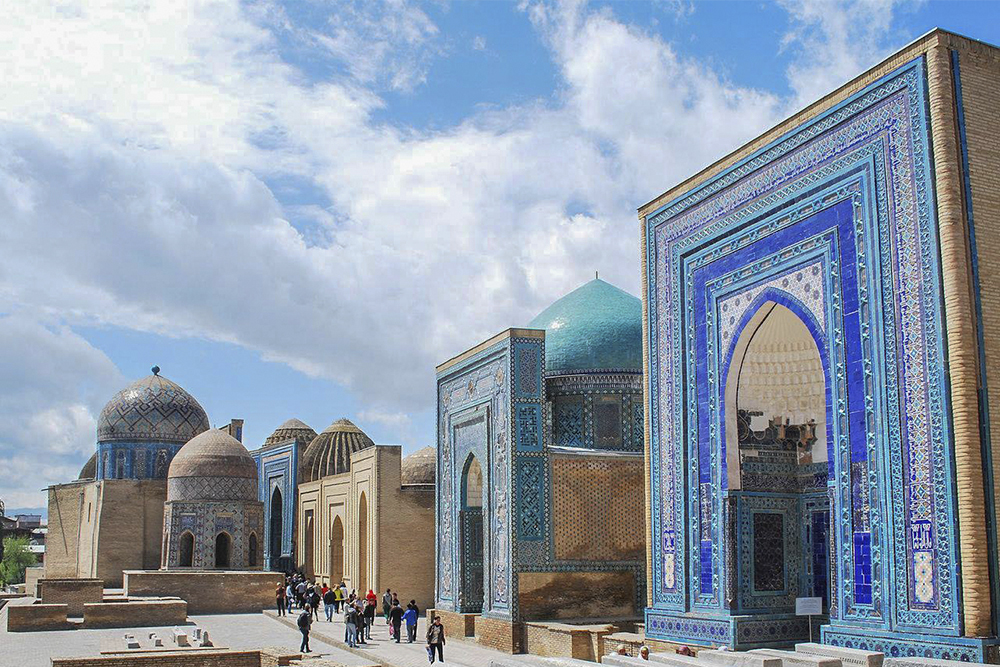TD NEWS/Editor
ISLAMABAD: President Dr. Arif Alvi terming population explosion a major hurdle in the way of development said that it can be controlled by giving married people easy access to contraceptives as 50 percent pregnancies in Pakistan are unwanted.
President Alvi also stressed the need for strong institutions and democracy in the country. He also urged countries for enhanced cooperation at regional and international level in health, agriculture and technology sector for the common good of the mankind.
He was addressing inaugural session of the 2nd International Annual Conference titled, ‘Security Dialogue’, organized by Institute of Regional Studies, in Islamabad on Tuesday.
The President said the world needs humanity-based morality and a new world order where every person living on this planet is valued regardless of colour, creed, language or religion.
He urged the world to join hands in the key areas of security, food and climate change. He also called for closer and meaningful international cooperation is needed to restore ecological balance and also in agriculture to avoid hunger and malnutrition.
Talking about regional organizations, the President said such platforms are established for cooperation and resolving conflicts but if countries like India in SAARC do not give due weightage to the organization, it would lose its scope and efficacy.
He said around 148 million acre-feet of water came to Pakistan through the rain and snow system which was enough for the country’s needs, including for the production of all kinds of crops, provided the precious resource was reserved by reducing wastage, and efficient means of agriculture were used.
“This can be achieved by developing local and indigenous solutions and by learning from the best practices observed by developed countries like the Netherlands which is 19 times smaller than Pakistan but is the second biggest food exporter of the world,” he added.
Ambassador Nadeem Riyaz, in his welcome address, said the Institute of Regional Studies focused its research on South Asia, India, Afghanistan, Iran, China, regional security, and cyber security.
He said the purpose of the conference was to provide inputs to the policymakers, especially in the areas of traditional and non-traditional concerns, climate change, and the future of comprehensive security.








